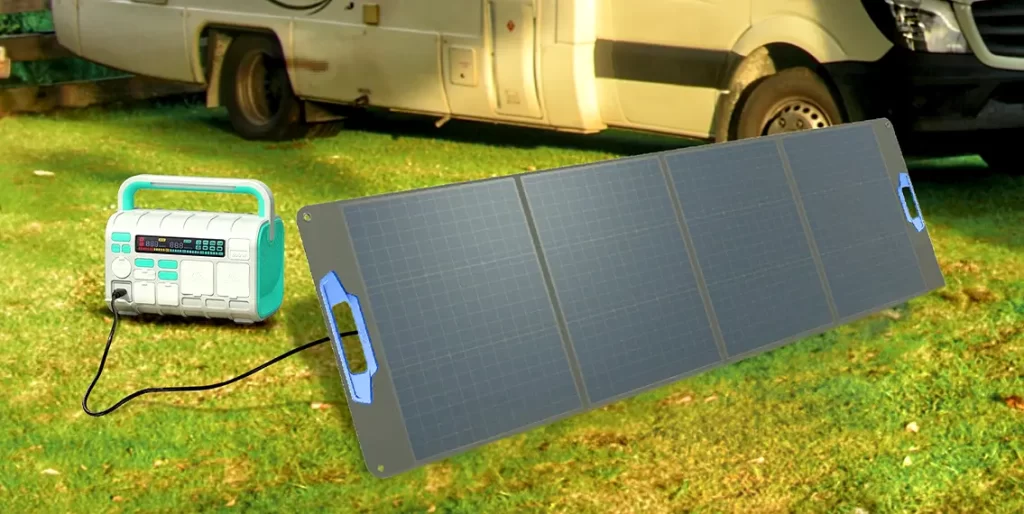
In recent years, the quest for sustainable and renewable energy sources has gained tremendous momentum. Among the various green energy solutions, solar power stands out as one of the most promising. However, the intermittent nature of sunlight poses a significant challenge in ensuring a consistent energy supply. This is where solar system batteries come into play, revolutionizing the way we store and utilize solar energy.
Understanding Solar System Batteries
Solar system batteries are specialized energy storage devices designed to store excess electricity generated by solar panels during periods of abundant sunlight. This stored energy can then be used during times when solar power generation is low or non-existent, such as at night or on cloudy days. By bridging this gap, solar system batteries ensure a reliable and continuous power supply, enhancing the overall efficiency and effectiveness of solar energy systems.
Types of Solar System Batteries
There are several types of batteries commonly used in solar energy systems:
- Lead-Acid Batteries: One of the oldest and most established technologies, lead-acid batteries are known for their reliability and relatively low cost. They are often used in off-grid solar installations and have a proven track record of performance. However, they require regular maintenance and have a shorter lifespan compared to newer battery technologies.
- Lithium-Ion Batteries: These batteries have gained popularity due to their high energy density, longer lifespan, and minimal maintenance requirements. Lithium-ion batteries are commonly used in residential and commercial solar systems. Their ability to charge and discharge rapidly makes them ideal for applications requiring frequent cycling.
- Flow Batteries: Flow batteries use liquid electrolytes to store energy, offering the advantage of scalability and long cycle life. They are particularly suitable for large-scale solar installations and grid storage applications. While still relatively expensive, ongoing research and development are driving down costs and improving efficiency.
- Saltwater Batteries: A more environmentally friendly option, saltwater batteries use non-toxic materials and are fully recyclable. They offer good safety features and are less prone to overheating. Although they currently have lower energy densities compared to lithium-ion batteries, advancements in technology may soon bridge this gap.
Benefits of Solar System Batteries
- Energy Independence: Solar system batteries allow homeowners and businesses to achieve greater energy independence by reducing reliance on the grid. During power outages or peak demand periods, stored solar energy can provide a crucial backup power source.
- Cost Savings: By storing excess solar energy and using it during peak hours when electricity rates are higher, users can significantly reduce their energy bills. Additionally, many regions offer incentives and rebates for installing solar batteries, further enhancing the financial benefits.
- Environmental Impact: Utilizing solar system batteries reduces the need for fossil fuel-based power plants, leading to lower greenhouse gas emissions and a smaller carbon footprint. This contributes to a cleaner and more sustainable environment.
- Grid Stability: Solar batteries can help stabilize the electrical grid by providing ancillary services such as frequency regulation and voltage support. This is particularly valuable as the penetration of renewable energy sources increases.
Challenges and Future Prospects
Despite their numerous advantages, solar system batteries face certain challenges. High upfront costs and limited energy storage capacity remain significant barriers to widespread adoption. However, ongoing research and technological advancements are expected to address these issues, making solar batteries more affordable and efficient.
The future of solar system batteries looks promising. Innovations in battery chemistry, manufacturing processes, and recycling methods are likely to drive down costs and improve performance. As the world continues to prioritize sustainability, the integration of advanced energy storage solutions will play a pivotal role in the global transition to renewable energy.
Solar system batteries are a game-changer in the realm of renewable energy. By enabling efficient energy storage and utilization, they enhance the reliability and viability of solar power systems. As technology progresses and costs decrease, solar batteries will become an increasingly integral part of our energy landscape, paving the way for a cleaner, greener, and more sustainable future.





